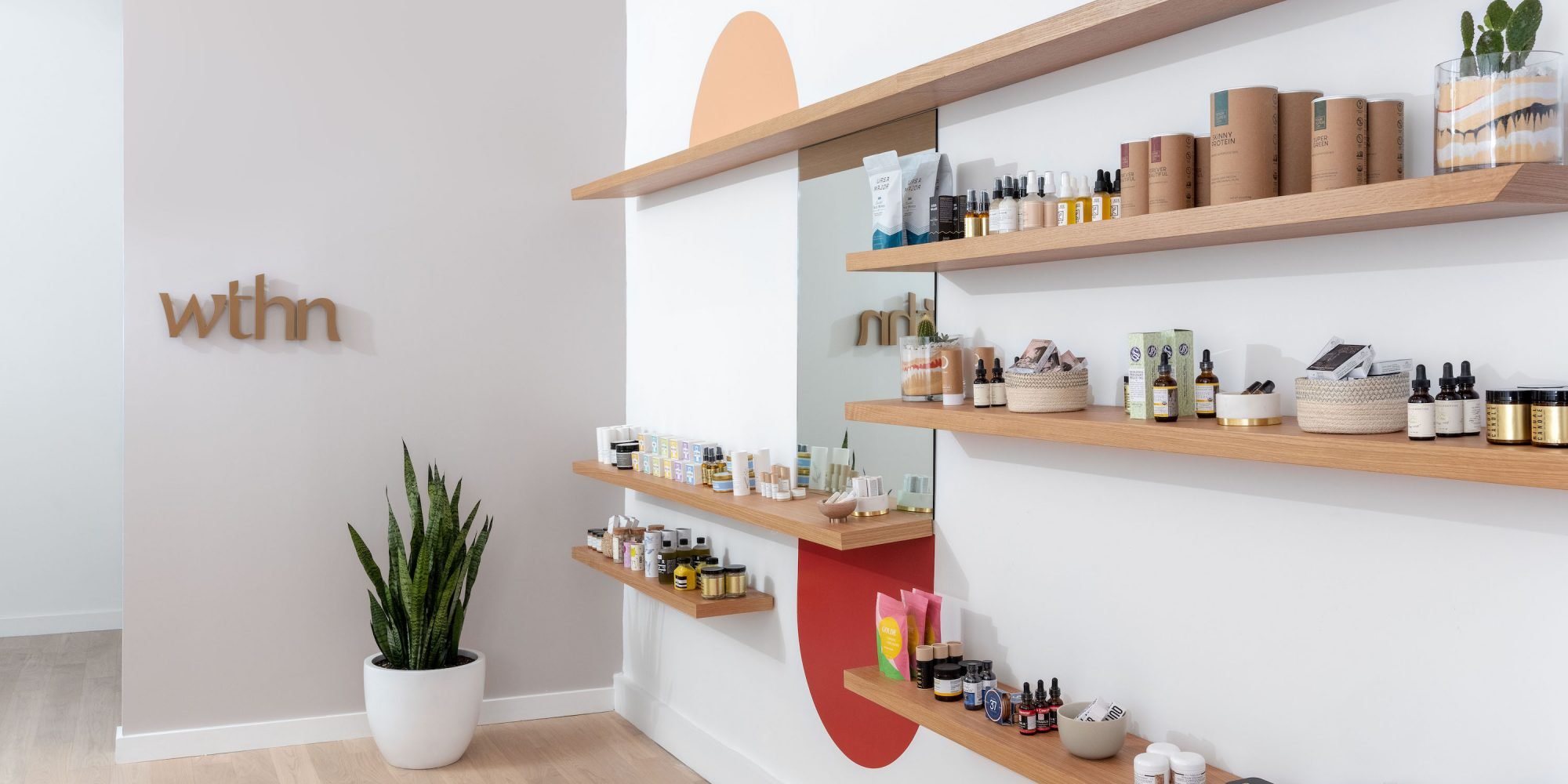
Independent Beauty Retailers Struggle In The Face Of Coronavirus-Related Closures
As shoppers stay at home and stores shutter to stem the spread of coronavirus, the crushing financial impacts on retailers become more profound by the moment.
Even last month, before President Donald Trump recommended Americans not go out to work or school, retail sales in the United States slipped .5%, according to the Commerce Department, the steepest decline since a 2% drop in December 2018 and a sign that a virus-related consumer spending slowdown has been in motion for weeks. The retail sales slump will undoubtedly get much worse, especially if stores have to remain closed for a prolonged period. Many merchants fear independent beauty stores could be wiped out by the economic disruption, and those that survive will do so by carefully reining in their budgets.
“This is going to be really painful for a business in our stage,” says Tara Foley, founder of Follain, who chose over the weekend to close the clean beauty retailer’s six locations with the hope they can reopen in April. “I’m trying to figure out what we should do. Beyond [having] to very quickly start delaying orders, we need to figure out how we’re going to re-forecast the business. I don’t know what’s going to happen.”
Last week, customers were deluged by emails from retailers updating customers on operating hours, staff hygiene practices and closures. “As a small business, this was a very challenging decision for us,” read the email from Province Apothecary announcing the closure of its Toronto skin clinic and shop. “As a company dedicated to creating a space of respite and relaxation for our valued customers, the decision to discontinue treatments at this time weighs heavy on us.” No date was provided for a possible reopening.
Founder Julie Clark determined public health overshadowed money matters. “We wanted to give everyone one less reason to leave their house,” she says. Clark is turning to Province Apothecary’s Instagram account to stay connected with customers by hosting educational and meditation sessions. Today, the company will put on a live question-and-answer session with holistic nutritionist Fran Allen and naturopathic doctor Natasia Irons.
Other shops and spas were reluctant to close initially. When spas, salons and beauty store closures started, Lena Rose owner Jenny Duranski kept her Chicago green spa and natural beauty shop open while increasing sanitation procedures. On Monday afternoon, though, she made the call to shut it down through April 6 unless health officials declare an earlier opening is acceptable. “In Illinois, the situation is evolving rapidly, the most recent guidance [is to avoid] gatherings of as few as 10 people. We have a staff of more than that,” says Duranski. “As a business owner, I feel a responsibility to my staff and customers to be proactive about health and safety, two things that Lena Rose was built on in the first place.”
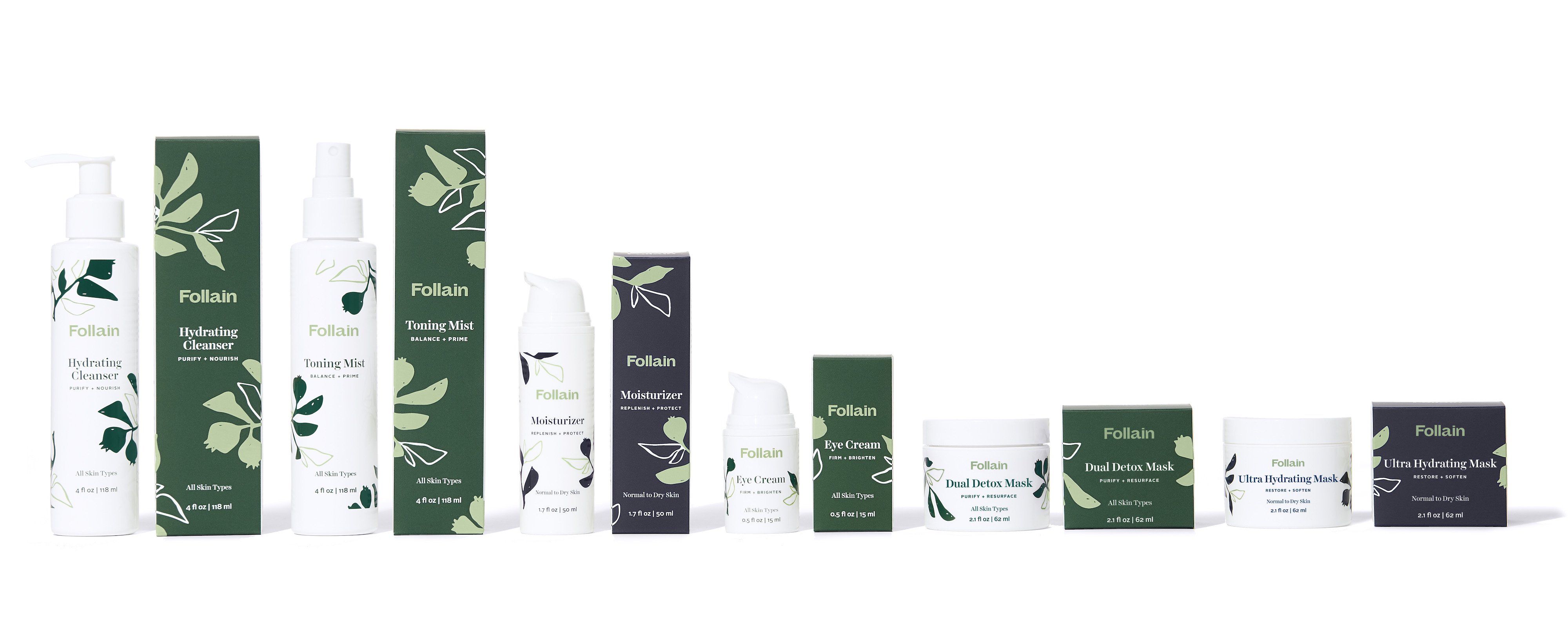
In lieu of IRL interaction, Duranski will be using a mix of social media engagement and e-commerce discounting to stay top of mind with Lena Rose’s customers and produce sales. The shop is offering free shipping and a 15% discount on online purchases, and Duranski is planning virtual trainings and panel discussions. Lena Rose is likely taking its monthly in-person panel discussion called Let’s Face It to screens.
Retail employees are of utmost concern to independent beauty store owners. A countless number will go without pay as their work hours disappear. Follain, however, is paying employees for their scheduled hours through the end of the month. In an email about the closures of its seven locations, The Detox Market noted it will continue to compensate store staff.
New York City acupuncture studio and wellness shop Wthn closed its doors early last week while many businesses were taking a wait-and-see approach. “We’re incredibly proud that, as a young startup, we made the decision before other more established businesses and before the government mandated closure because it truly is our duty to take care of our team and take care of our clients,” says Michelle Larivee, CEO and co-founder of Wthn. “What made the decision more difficult is that a portion of our team’s income comes from the studio productivity. So, in effort to make this up, we’re dedicating 10% of all online sales to help support compensating our studio teams.” Wthn has its own range of herbal supplements targeted to address issues like stress, immunity and indigestion, as well as facial tools and sound therapy supplies. Larivee plans to bundle products together to create new offerings Wthn will sell on its website to support customers in settling into new routines and “heal from home,” she details. “At this point, it’s unclear what the long term impact of COVID-19 will be on our industry, but, for now, our goal is to come together as a team, pivot and find new, creative ways to connect and help our clients during our studio closure, and invest in the connection, training and development of our team so we can bounce back stronger than ever.”
Manhattan wellness center Clean Market closed in part to free up the trained medical practitioners it has on staff for virus-fighting efforts. “We know it is best to take the appropriate precautions by closing,” says co-founder Lily Kunin. “We are taking an abundance of precaution, and our nurses are needed at the hospitals to support the impending influx of ICU patients. We want to do everything we can to help. We aren’t adding any usage of medical supplies at this time.”
“We’re all trying to look to each other right now and support each other in this community because this could be the end of indie brands if we’re not careful.”
Multi-brand stores are trying to be attentive to their vendors, which are oftentimes nascent businesses struggling through the coronavirus-instigated economic collapse like their retail partners. Foley reports she’s been in touch with the brands Follain carries. Among the brands the retailer stocks are Ere Perez, May Lindstrom and Reverie. “Some of them have had to fully shut down because of where they’re located. Some are basically starting to plan for Armageddon,” says Foley. “They’re figuring out how to turn off production, figuring out how they can draw down lines of credit. It’s really scary. I think we’re all trying to look to each other right now and support each other in this community because this could be the end of indie brands if we’re not careful.”
Beauty retailers that have shuttered doors are scrambling to effectively translate in-store beauty shopping experiences to online settings. Kimberley Smith, founder of Marjani Beauty, an online beauty destination aimed at women of color, and the brick-and-mortar shop Brown Beauty Co-op in Washington D.C., has scaled back operating hours and expects to close Brown Beauty Co-op’s location in the coming days. “Our focus is the safety of our staff and our customers,” she says. “We are starting to shift our energy to our online shop and our remote connection plan.”
Smith’s plan centers around online product consultations, a new endeavor for her. She says, “We are refocusing and creating ways to make that personal connection remotely. Online chats and emails are efficient ways to reach our customers, but there is nothing better than seeing a face or hearing a voice.” If they go well, Smith expects in-depth virtual product consultations to persist after the global pandemic ebbs.
Outside of Wthn’s physical confines, Larivee is supporting its audience through educational online content and its team through heightening professional development. She’s also is attempting to map out Wthn’s reopening to make the transition as easy as possible for employees and customers. Larivee says, “Given that we are regularly seeing clients for stress and anxiety, pain, fertility and more, we are eager to reopen and help people come out of the other side of this crisis stronger and more connected.”

The founders of mission-driven beauty and wellness retailers feel compelled to support their customers’ mental and physical health as coronavirus infections and deaths swell despite location closures. “Stress is the most potent toxin, and we want to make every effort to minimize and mitigate it during this time by being a free resource for our community,” says Kunin. “We are constantly thinking about how we can provide access to tools we have in our store to our community when they are at home.” Larivee is looking to deliver digital consultations, acupressure sessions, guided meditations and breath work sessions.
Community is a hallmark of the independent beauty and wellness ecosystem. Retailers and brands are leaning on one another to endure the economic devastation. “It’s a very sad and uncertain time for all of us,” says Duranski. “My heart breaks for the indie beauty community who was expected to finally have their year to shine. In the short term, indie brands and indie retailers need to come together more than ever to keep production as high as possible and products moving. In the long term, it’s a waiting game. I believe, and I hope I’m proved wrong, that we will be feeling this for a while.”
Smith and Foley assert that an appeal to the core values consumers share with independent brands and retailers is necessary to influence the diminished beauty spending they’re doing now in their direction. “We’re in a really difficult spot as a young mission-driven brand, who, by the way, is a platform for other small businesses, too,” says Foley. “I’m really hoping that people start thinking about that and considering supporting businesses that are trying to do the right thing. I hope that people start thinking about these other business types that could really use support in a time like this. It’s going to make a much bigger impact than people realize.”
On battling the allure of Amazon, Smith adds, “While customers enjoy online shopping, when it comes to beauty, it truly is a tactile, personal experience. So, how can we find creative ways to connect with our customers in a time when we are advised to distance ourselves from them? No doubt we are going to be heavily impacted, but, as with most devastating events, opportunities remain, and small indie retailers are far more nimble and able to reach their customers in a personal way that mass retailers cannot.”
Debbi Burnes, founder of two-unit Sumbody, which endured the economic dip following 9/11 and the Great Recession, predicts independent beauty retailers that make it past the current emergency will benefit once it’s over. “After the downturn, we usually see a buying spree,” she says. “People who had forgone their favorite non-necessary purchases and expenditures return.”

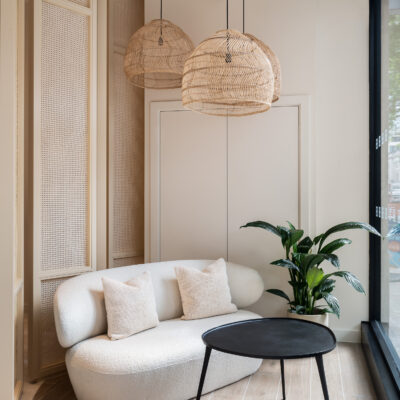
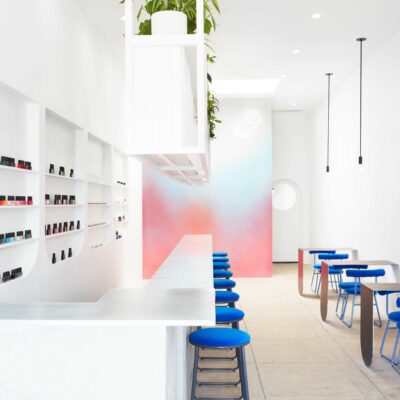
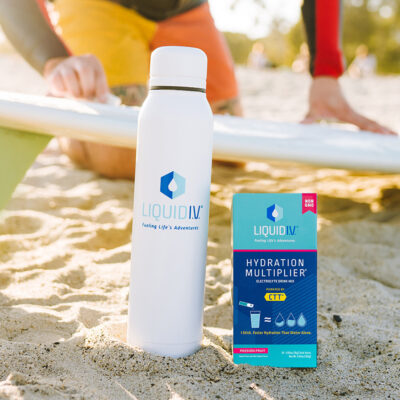

Leave a Reply
You must be logged in to post a comment.